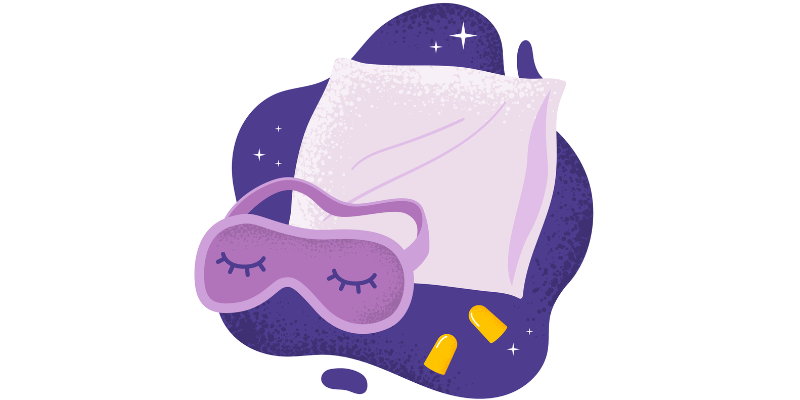We all know how important sleep is for our health, and we’ve all experienced the effects of a poor night’s sleep on our health, mental wellbeing and even productivity. Ensuring that everyone in your family is getting enough sleep and getting the best sleep possible can be tricky.
Getting great sleep is good for your health. Not getting the right kind of sleep, or enough sleep, isn’t great for your health. Consistent low-quality sleep can contribute to poor health and many chronic conditions such as hypertension (high blood pressure), diabetes, depression, anxiety, diabetes, obesity and an overall decreased quality of life. Sleep can also affect our productivity at work and at home, because poor sleep can affect our memory and our thinking power.
How Much Sleep Should We Get?
The amount of sleep you need changes as you age.
- Infants 4-12 months need between 12-16 hours of sleep per 24 hours.
- Toddlers 1-2 years old need 11-14 hours of sleep, including naps.
- Preschool-aged children who are 2-5 years old need 10-13 hours of sleep per day, which includes naps.
- School aged children between 6-12 years old need about 9-12 hours of sleep per night.
- Teenagers 13-18 years old require 8-10 hours of sleep.
- Adults 18-60 years old need at least seven or more hours of sleep per night.
Getting good, quality sleep is just as important as getting enough sleep. Here are some tips to build an optimal sleep routine that can help you get the best rest possible.
- Wear socks. During colder weather, try wearing socks to bed, which has been shown to speed up how quickly you fall asleep.
- Shut the curtains. Keep your bedroom as dark as possible to help boost your melatonin levels.
- Turn off electronics. Keep electronic devices away from your head and pillow. Research shows that electromagnetic fields (EMFs) from even the smallest electronic devices can disrupt REM and non-REM sleep, as well as inhibit melatonin secretion by the pineal gland.
- Turn on the fan. White noise from a fan or air purifier can create a soothing atmosphere and block out disruptive noises.
- Turn down the temperature. Keep the room cooler (not too warm or cold!).
- Limit Sleep Aids. Avoid taking sleep aids every night — especially benzodiazepine medications — which are now known to block deep stages of sleep over time, and have an association with dementia if used daily for years.
If you have tried these tips and you or someone in your family is still struggling to get the sleep they need, it could be time to visit your doctor. You can talk with your primary care doctor about other methods to get good sleep or possibly pursuing doing a sleep study to find out what could be interrupting your sleep. To find a primary care physician or schedule an appointment, visit unitypoint.org/madison/primary-care.aspx.
Sponsored by UnityPoint Health — Meriter




